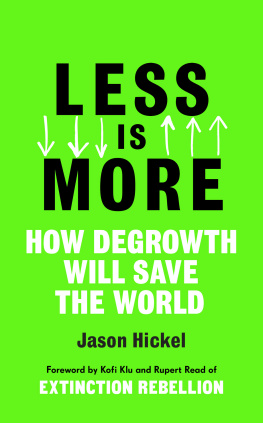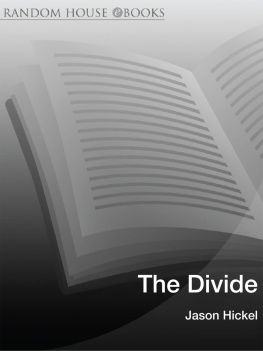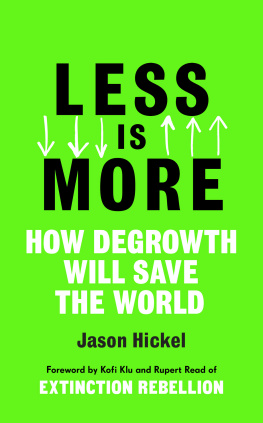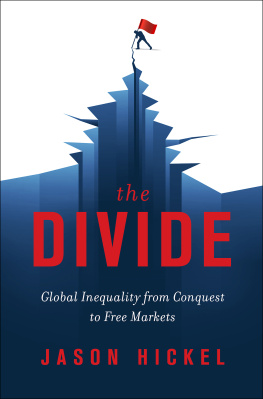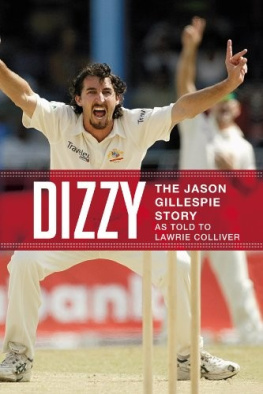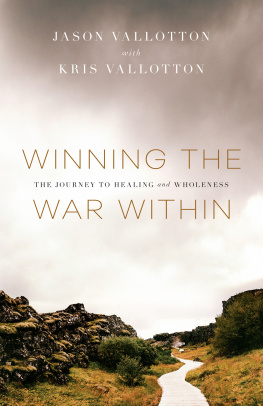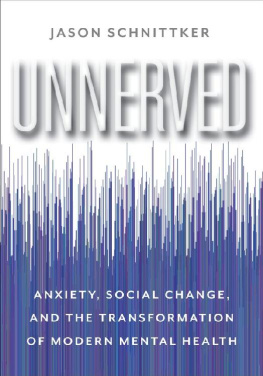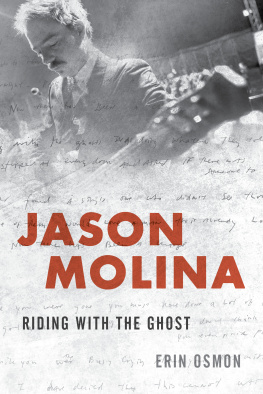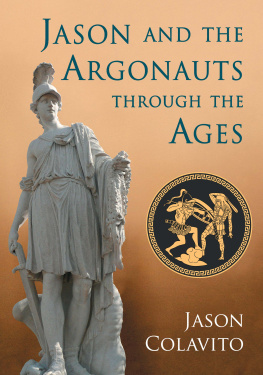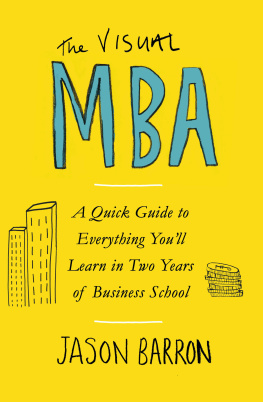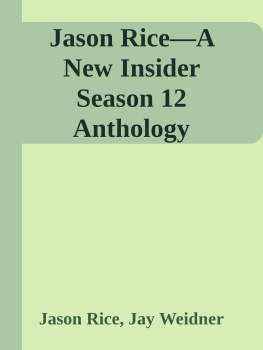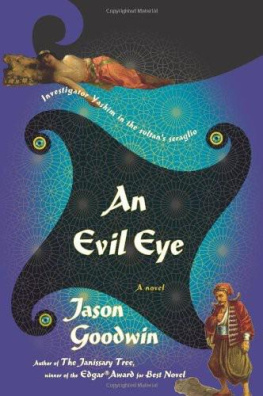Jason Hickel - Less is More
Here you can read online Jason Hickel - Less is More full text of the book (entire story) in english for free. Download pdf and epub, get meaning, cover and reviews about this ebook. year: 2020, publisher: Random House, genre: Romance novel. Description of the work, (preface) as well as reviews are available. Best literature library LitArk.com created for fans of good reading and offers a wide selection of genres:
Romance novel
Science fiction
Adventure
Detective
Science
History
Home and family
Prose
Art
Politics
Computer
Non-fiction
Religion
Business
Children
Humor
Choose a favorite category and find really read worthwhile books. Enjoy immersion in the world of imagination, feel the emotions of the characters or learn something new for yourself, make an fascinating discovery.
- Book:Less is More
- Author:
- Publisher:Random House
- Genre:
- Year:2020
- Rating:5 / 5
- Favourites:Add to favourites
- Your mark:
- 100
- 1
- 2
- 3
- 4
- 5
Less is More: summary, description and annotation
We offer to read an annotation, description, summary or preface (depends on what the author of the book "Less is More" wrote himself). If you haven't found the necessary information about the book — write in the comments, we will try to find it.
Less is More — read online for free the complete book (whole text) full work
Below is the text of the book, divided by pages. System saving the place of the last page read, allows you to conveniently read the book "Less is More" online for free, without having to search again every time where you left off. Put a bookmark, and you can go to the page where you finished reading at any time.
Font size:
Interval:
Bookmark:


Jason Hickel is an economic anthropologist, Fulbright Scholar and Fellow of the Royal Society of Arts. He is originally from Eswatini (Swaziland) and spent a number of years with migrant workers in South Africa, writing about exploitation and political resistance in the wake of apartheid. He has authored three books, including most recently The Divide: A Brief Guide to Global Inequality and its Solutions. He writes regularly for the Guardian, Al Jazeera and Foreign Policy, serves as an advisor for the Green New Deal for Europe and sits on the Lancet Commission for Reparations and Redistributive Justice. He lives in London.
The Divide: A Brief Guide to Global Inequality and its Solutions
We dont have a right to ask whether we are going to succeed or not. The only question we have a right to ask is whats the right thing to do? What does this Earth require of us if we want to continue to live on it?
Wendell Berry
By Kofi Mawuli Klu and Rupert Read of XR.
Extinction Rebellion [XR] is sometimes criticised for having demands that are (too) hard to achieve. But its important to be clear about what XR is not: XR is not an all-purpose way of fixing our adrift civilisation. Rather, XR is the smoke-alarm. XR is the non-violent cutting edge of what Jason Hickel calls in this important new book, the emergency brake. We want our governments to face up to the reality of the crisis at hand. But then we have to figure out just how we change everything to create a better society that works for people and planet.
XR is a recognition of emergency. We have learned a lot about emergencies over the past year, with the rise of the coronavirus pandemic. The pandemic joined us in a mass of shared vulnerability, and we had to move quickly and make difficult decisions in order to protect humanity to protect life. The fact that most countries managed to do this is a fairly hopeful sign. It shows what we can achieve when we take a crisis seriously.
Coronavirus is being taken pretty seriously precisely because of its having fallen most heavily first upon the global North. The wake-up call it embodies needs so badly to be heard, because the slower climate emergency is simultaneous with it and it poses a disproportionate threat to the global South, where it is already inflicting mass suffering. So we are in a common crisis with differentiated effects. And we must be aware that some governments will respond with worsening environmental racism and hidden agendas of eco-fascism. These are agendas to pit various groups against each other (and also against diverse forms of Life). They require solidarity in response. If the coronavirus is teaching us something about solidarity in action, then that is a real hope in this dangerous hour.
Less is More offers incisive new ideas for what lies on the other side of the coronavirus emergency. Ideas for how we can prevent the ruin of our climate, roll back the ongoing sixth mass extinction, and avert societal collapse. It gives us a glimpse of how we can build something better out of the wreckage of what is. Jason Hickel offers a raft of intersecting, overlapping and mutually reinforcing ideas from history, economics, anthropology, philosophy, science, and more. This is the kind of broad thinking thats required to achieve the rapid transition we need.
The coronavirus crisis made it evident that if governments are determined enough and driven enough by circumstances and by the will of their peoples then they can do things that they have been calling impossible for years: a citizens income, debt cancellation, wealth taxes, nationalisations where necessary, you name it. Jason sets out here how something similar but even bigger could characterise our way of exiting from the inanities and insanities of growthism: how we could build a better and more equal society which has far less impact upon our ecosystems and which makes people happier. There is a sense in which we really can have it all at least all that actually matters. A simpler way.
This book offers hope by showing that the kind of demands that XR has put forward are achieveable. They are possible. All it would take is enough vision: of a restored Earth, a more regenerative culture, a better life together. The coronavirus crisis showed us all who the key workers are, worldwide: our medics, our food-growers, our distributors, and so on. If we refocused society around need rather than artificially-created wants Jason sets out powerfully how distorted our lives are by advertising, reminding us that basically that is all that titans such as Facebook and Google are we could recalibrate a world where together we could become more satisfied, and less separated.
We need to make this change. We all know this. We cannot wait. We have to change systems if we are to stop the growth juggernaut from barrelling over us all. As XRs greatest supporter, Greta Thunberg, most memorably put it, speaking earlier this year to global elites: We are at the beginning of a mass extinction and all you can talk about is money and fairy tales of endless economic growth. How dare you! We have to change systems not for any ideological reason, but simply because the emergency demands it. Much like food rationing during World War Two in countries such as the UK: that was nothing to do with socialism, and everything to do with survival. Yet it did make society more equal, and did make people healthier. There is hope here again of achieving a beautiful coincidence: what we need to do to survive is the same as what we need to do to have better lives.
In the early chapters of this book, Jason tells the terrifying history of capitalism. Its so grim that one might want to deny it. But its true. And we need to face the truth, to face up to the reality underlying the climatic and ecological devastation we are enduring. When Jason tells us all the hard truth that GDP-growth is an index of the welfare of capitalism, not of the welfare of humans, we need to listen.
We cannot forget: the collapse is already happening in the parts of the world that have done the least to cause it, where its rarely picked up by Western media. The movement to evolve beyond our model of growth-at-all-costs must be born in solidarity with the South. It must be about decolonization and about reparations, or it has missed the point.
We in this society are inclined to always imagine more technological innovations as the way to solve our problems. But why are we not equally eager to imagine more social innovations too? It shows a great poverty of imagination to stop with capitalism, to assume that it is the only game in town. No! We are creative beings. We can imagine bigger than that. We can innovate in all sorts of ways. Less is More doesnt provide the answer, but it does clearly provide the possibility of an answer, and the promise that there may be more, if we are prepared to ask, and to look, and determined in fact to do so.
More than anything, Less is More provides a kind of proof that there is nothing unrealistic about what we are asking for. On the contrary: if one is really willing to face reality, there is nothing more unrealistic than the fantasy of continuing the status quo much longer.
Next pageFont size:
Interval:
Bookmark:
Similar books «Less is More»
Look at similar books to Less is More. We have selected literature similar in name and meaning in the hope of providing readers with more options to find new, interesting, not yet read works.
Discussion, reviews of the book Less is More and just readers' own opinions. Leave your comments, write what you think about the work, its meaning or the main characters. Specify what exactly you liked and what you didn't like, and why you think so.

